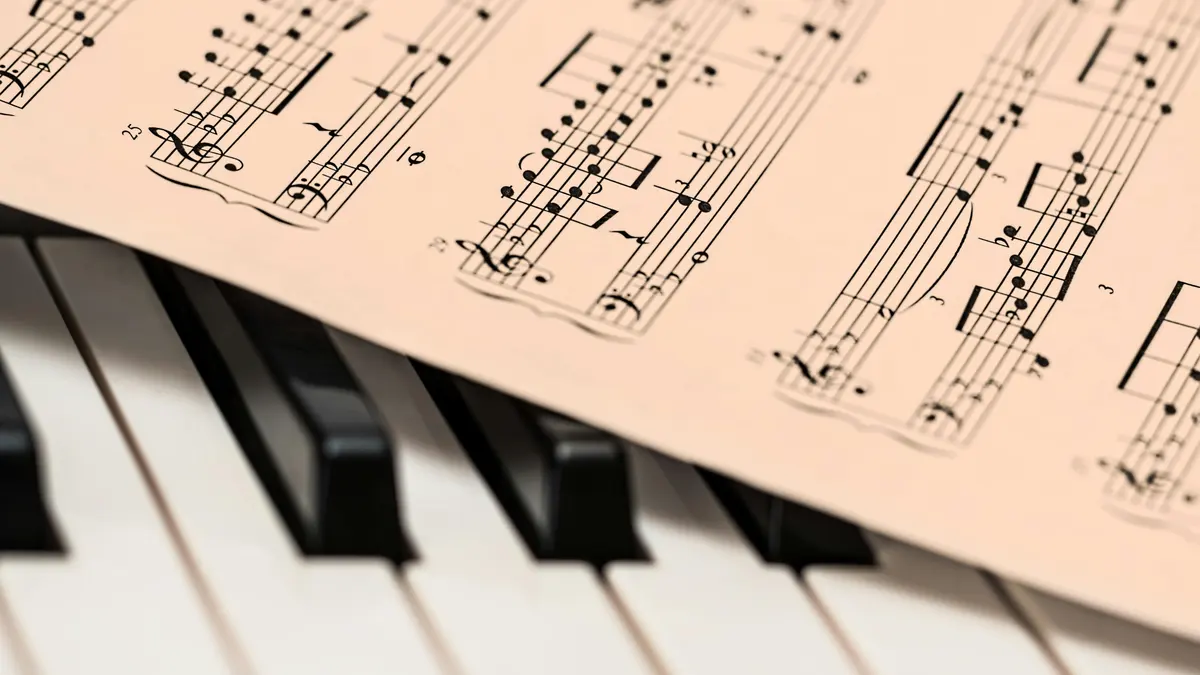
Display the (European) flags and open your ears wide because, ladies, gentlemen, European Music Day is celebrated on June 21. One day after Summer Solstice, with the end of classes and holidays just around the corner, dozens of Spanish cities begin celebrations for this day, with free concerts and activities in different places. Madrid is one of them: the Music’s day In the Spanish capital it is celebrated with free concerts for spaces such as Matadero or Retiro, or exhibitions on great figures of music.
It is a day that seeks claim and promote music as a universal language of humanity, although the truth is that it is celebrated only in Europe, because in other countries… too, but on another date. To know why European Music Day is celebrated on June 21, we have to go back to 1976, when the musician Joël Cohen, who was assistant to the director of France Musique, proposed celebrating the ‘Saturnalia of Music’ two days a year, like a kind of musical solstice: June 21 and December 21.
The Saturnalia were roman festivities which were carried out with sacrifices in places such as the Temple of Saturn or the Roman Forum, which were followed by public banquets, the exchange of gifts and a kind of carnival that, according to the poet Catullus, could be considered “the best of days” . The first ‘musical saturnalia’ The event that was celebrated within the framework of these European Music Days was on June 21 of that year, when bands and musicians took to the streets of Toulouse (France) to celebrate music.
A few years later, a survey carried out in France in 1982 revealed that five million citizens played a musical instrument. It was then that the French Minister of Culture, Jack Lang, launched the first official edition of the Music Festival, led by the composer Maurice Fleuret and the set designer Christian Dupavillon, architect-set designer.
At this Fête de la Musique they invited musicians, professional and amateur, to play their instruments for free in public spaces, with the intention of making music accessible to everyone. And there the germ of European Music Day was born: in 1985, the European Year of Musicthe European Union established this day of Summer Saturnalia as European Music Day under this same philosophy: promoting musical diversity, encouraging musicians to share their work and promoting and facilitating cultural exchange through music.
And International Music Day?
However, if you do a quick search on the Internet you will see that the International Music Day is not June 21. Behind each day of celebration is a different organization. And as with many ‘days of’, there may be several a year. There is an International Music Day, promoted by the violinist and conductor Yehudi Menuhinwho in 1997 received the Prince of Asturias Award for Concord (now, Princess of Asturias).
It was in 1975 when the artist, from the International Music Council (IMC), created in 1949 by the UNESCOtried to promote the international celebration of a day for music, in order to promote musical art among all sectors of societybut also to apply the UNESCO ideals of peace and friendship between peoples, the evolution of their cultures and exchange of experience.
The first International Music Day, organized by the IMC, took place on October 1, 1975and since then, the first day of the tenth month has been added to musical calendars.
November 22, Musician’s Day (by mistake)
And the next month, another day to celebrate music. Some countries, such as Argentina, opt for the November 22 to celebrate Music Day, but this tribute has a more religious than artistic meaning. And, in most places where it is celebrated, it is dedicated to musicians rather than music in general. Because? Because according to Catholic saints, November 22 is Saint Cecilia of Rome, patron saint of musicians.
Saint Cecilia of Rome is one of the most well-known and venerated saints in history, a martyr who is remembered practically everywhere in the world. The Catholic Church included November 22 in her Catholic saints’ calendar in her honor as it was the date on which she was martyred, after being tortured by being placed in hot springs of boiling water for having converted to Christianity. In the year 1594, Pope Gregory XIII named her patron saint of music although, according to the information collected by ‘Música Antigua’ and the Argentine Ministry of Culture, her declaration as patron saint of musicians could due to a translation error.
Jesús Ignacio Pérez-Perazzo, Venezuelan orchestra director and professor of Music History, assures that one reason why Saint Cecilia of Rome is related to music could be that In his childhood it is believed that he could play a musical instrumentlike the lyre or the harp, but the main reason is in the records that record the martyrdom of the now saint.
“Candentibus organs Cæcilia Dómino decantábat they say…” the minutes say, which means “While the oven was red hot, Cecilia sang to the Lord saying…”. Pérez-Perazzo’s hypothesis is that at some point, the person who transcribed the minutes translated the word “organ” by the musical instrument of the same name, when it really seemed to refer to the bellows which was used to fan the flames.
Source: Lasexta
Bruce is a talented author and journalist with a passion for entertainment . He currently works as a writer at the 247 News Agency, where he has established himself as a respected voice in the industry.












